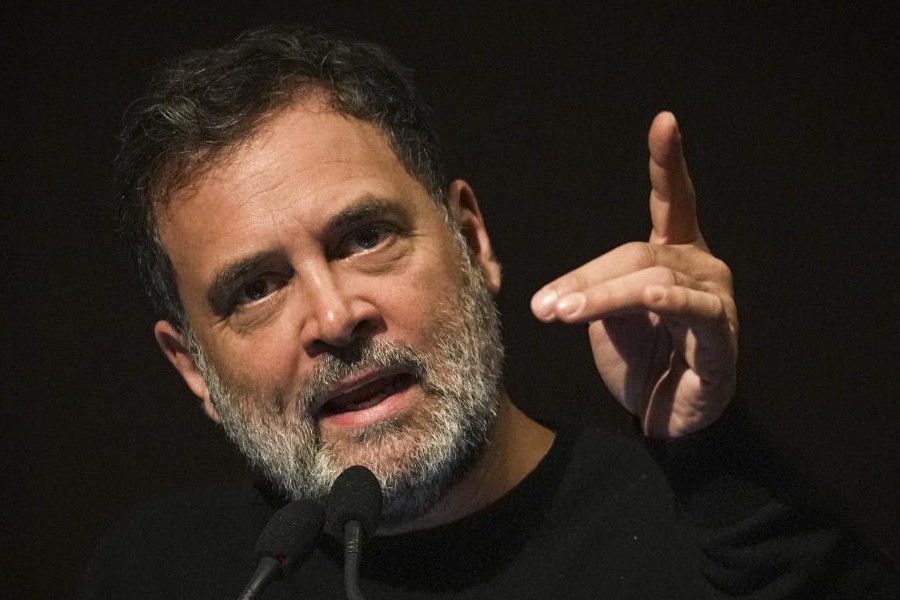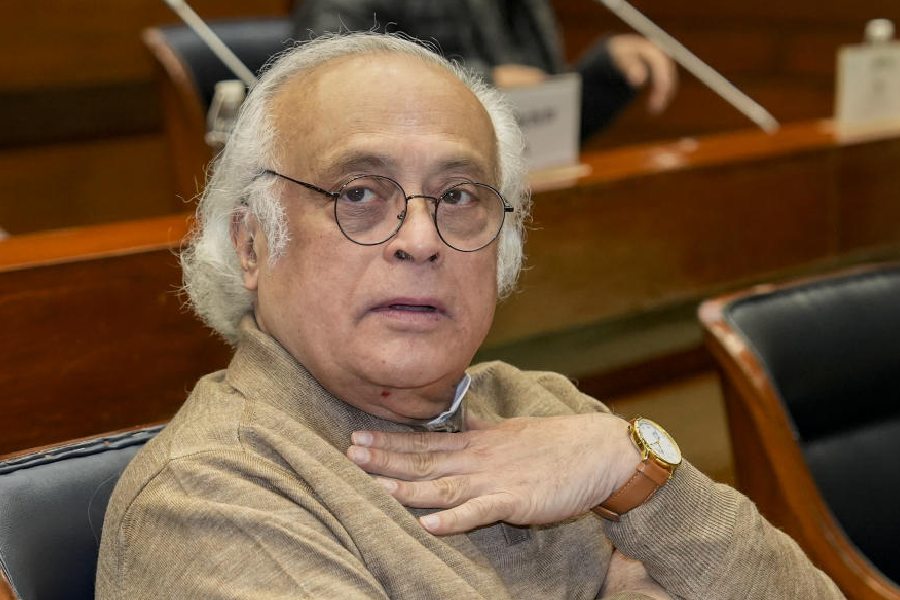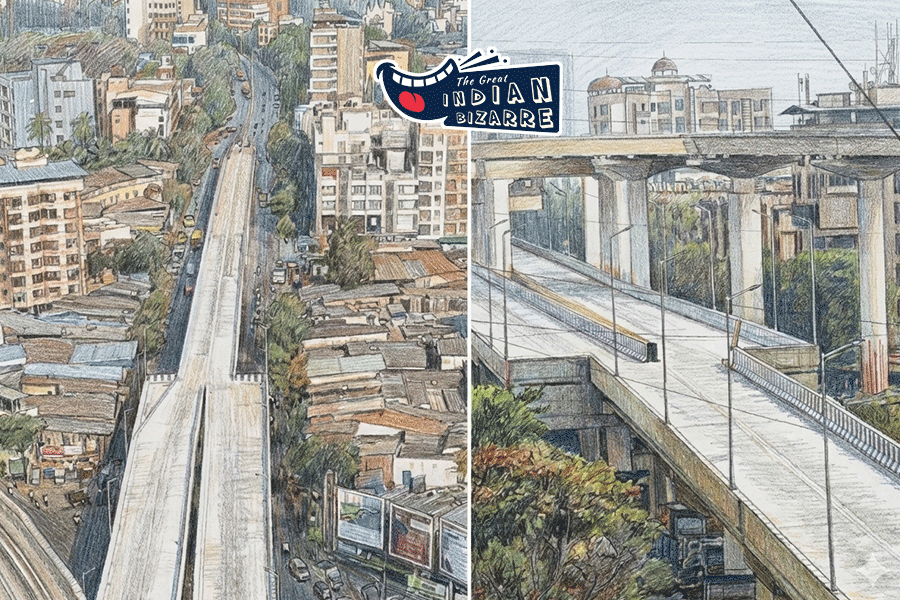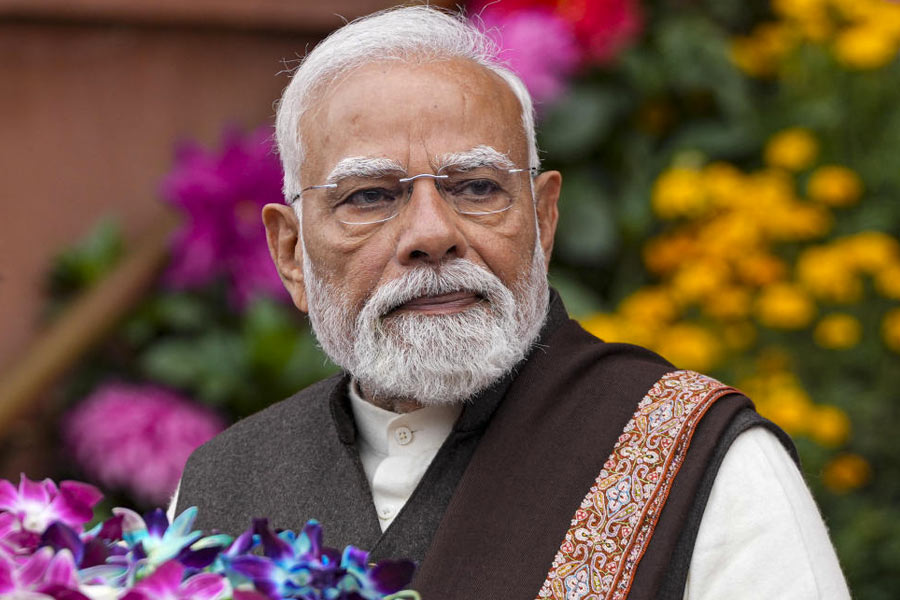Book name- THE JOHNSON & JOHNSON FILES: THE INDIAN SECRETS OF A GLOBAL GIANT
Author- Kaunain Sheriff M.
Published by- Juggernaut
Price- Rs 599
A patient’s trust is a strange, fragile thing. It bears the weight of hope, the ache of desperation. It is not bartered but offered freely, fearfully, fully. When a patient lies down on an operating table, he/she surrenders to the hope that the pain will lessen, that bodily function will return, that life will resume. But when the cure itself becomes the affliction, what then?
Kaunain Sheriff M.’s book is an excavation of such a fracture. It’s a story of implants that poisoned bloodstreams, of global giants escaping through loopholes, and of patients forced to live the rest of their lives as ticking medical time bombs.
In the early 2000s, DePuy Orthopaedics — a subsidiary of Johnson & Johnson — disclosed what it claimed was the future of orthopaedics: the ASR hip implant. Polished, precise, metal-on-metal, it was marketed as a miracle, promising mobility, stability, and ingenuity. Glossy brochures followed, and surgeons were courted with worldwide conferences.
Beneath the slick marketing, however, things weren’t as rosy. The implant began shedding microscopic debris into patients’ bodies, causing inflammation, pain, metallosis, and, eventually, systemic toxicity. By the time a global recall was announced in 2010, thousands had already been implanted with a device slowly poisoning them.
While the United States of America responded with lawsuits and billions in compensation, most patients remained unaware of the recall for months, sometimes even years. The lack of information became its own kind of violence. Patients continued to live with pain, their bodies deteriorating, unaware that their suffering had a name and a cause, a health emergency buried under bureaucratic indifference.
But the true story of a tragedy resides in its victims. Not the data, not the settlements, not the press coverages. What Kaunain Sheriff M. does is centre the people and, in doing so, bears witness to their stories.
Dinesh, a man in his thirties from Pimpri-Chinchwad near Pune, was in the middle of building his career, his home, a future held together with years of hard work and small hopes. On being diagnosed with avascular necrosis, he was told there was a solution, a surgery that could restore movement and promise a near-normal life. Instead, he was turned into a spectacle, his procedure broadcast as a live demonstration, his body a canvas for medical marketing. The implant failed. Within three months, a revision was needed. Then another. The pain returned. The loans kept on piling, but the promised restoration remained elusive. Even after DePuy’s global recall was initiated and subsequent surgery was funded, the damage was already done. His life since has been one of perpetual medical appointments and residual uncertainty.
Monica’s journey begins thousands of miles away in Winthrop, a place shaped by snow and skis. Diagnosed with primary osteoarthritis, she began searching for solutions she could afford. Her research led her to Chennai, and she knew what she wanted: the Birmingham Hip Resurfacing implant, a well-established model with minimal invasiveness and a chance of returning to her active life. However, the surgeon opted for the newer ASR implant at the last moment. Within days, the femoral neck fractured. A full replacement followed — an outcome she had explicitly tried to avoid. She would continue to suffer even after that for years: chronic pain, fatigue, anxiety, memory loss.
Vijaya was a medical student with a rare tumour and limited options. A minor accident in Coimbatore revealed a rare bone tumour. The costs of surgery were high, and she made her choice based on what she could afford. Her dream of becoming a doctor shaped every decision. She didn’t want her education disrupted, and the Hyderabad hospital promised her a solution that would let her continue. She completed her MBBS. She finished her internship. She got married. She had a child. Through it all, cobalt and chromium ions were poisoning her from within. By the time she had her revision surgery, her bone was too damaged to hold the new implant. Another surgery followed. Her family was left pleading with the insurance company responsible for distributing compensation.
It’s that choice — to narrate from the inside out — that gives the book its clarity and weight. Never letting the narrative drown in legalese or medical jargon, Kaunain Sheriff M. understands that this is, above all, a human story. The gravity of its subject, however, is let down by its prose. The writing is clunky, repetitive, tonally flat and mechanical, detracting from the stories within. What could’ve been a true crime thriller instead reads like a deposition. Factual, exhaustive, but emotionally stagnant.
The Johnson & Johnson Files is not an easy book to read. It reminds us that medicine, too, is a marketplace. And that, in this marketplace, some lives are easier to ignore than others.











